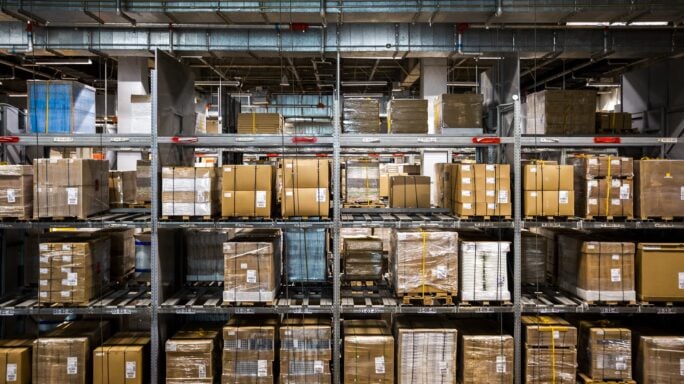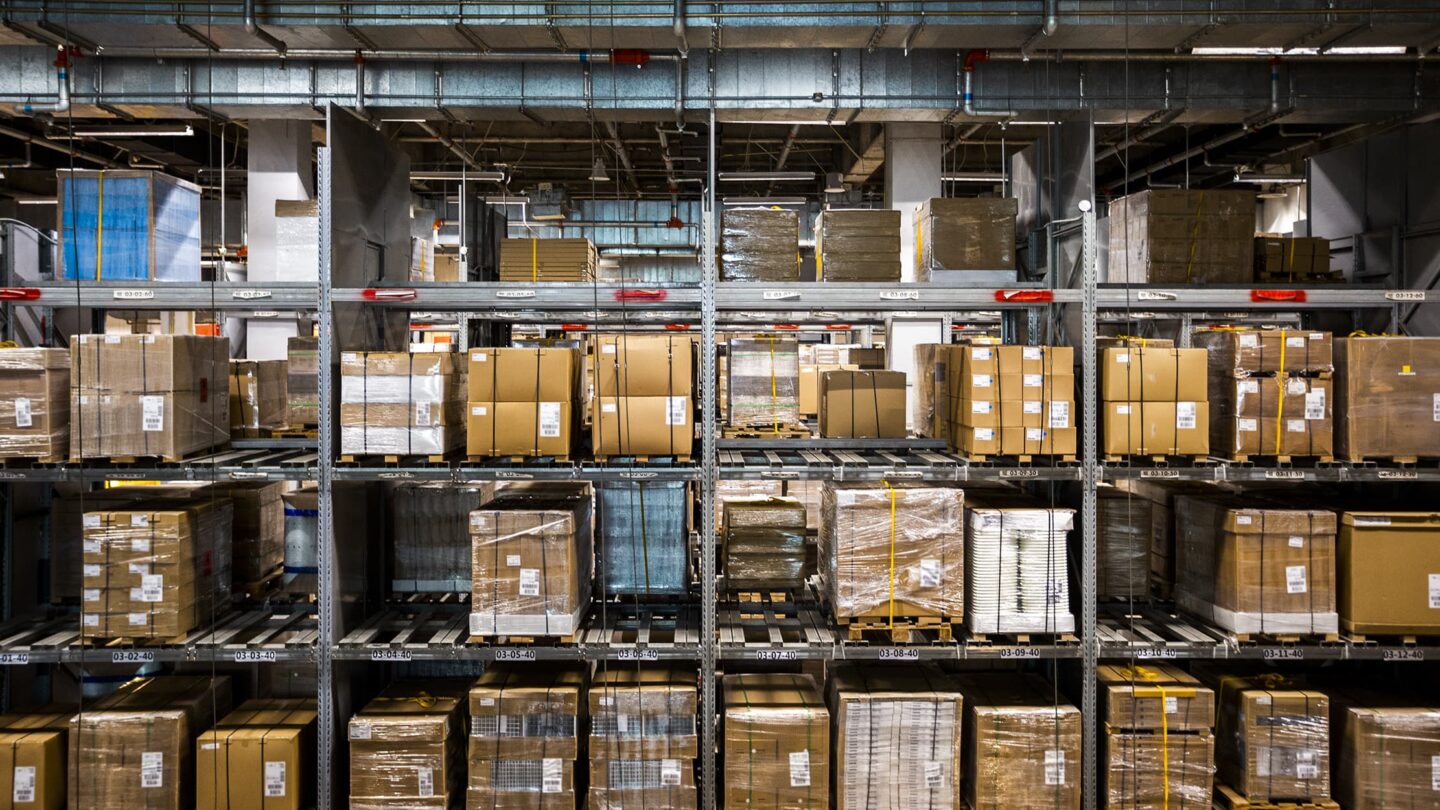Free guides and webcasts
The secret sauce of supply chain visibility for process manufacturing—traceability

A new report from IDC says that 96% of process manufacturers will be shifting their focus to increasing visibility, with 57% drilling down into the end-to-end supply chain specifically.
Process manufacturers include industries like food and beverage, plastics, chemicals, metals, and paper markets. They need to focus on supply chain improvements more than ever before in response to global pressures and the challenges raised by the coronavirus pandemic.
The reason? It’s all about strengthening themselves against weak spots in the supply chain exposed by the pandemic, not to mention environmental changes, trade tensions, regulation, and beyond.
Lets dig deeper into the statistics from this report, which features 140 medium to large-sized organizations, indicating that many process manufacturers have room for improvement.
- 63% believe that a lack of supply chain visibility and flexibility will cause significant issues in the future if not addressed appropriately
- 43% say that supply chain visibility is a focus from a supply chain risk management perspective compared to only 35% in 2018.
End-to-End Traceability in Process Manufacturing
Global supply chain are facing unprecedented pressures. Download this IDC report to learn why automating traceability is critical now more than ever.

What does this mean?
It means that you need to improve the tracking of the materials and the products from the manufacturer to their final destination. It’s about improving and strengthening the supply chain—which may mean making data better available to all stakeholders, including customers.
To help, here are takeaways when thinking about supply chain visibility for your business.
Traceability and supply chain visibility
Let’s start with the basics. First, it is traceability which is the secret sauce to superior supply chain visibility.
Traceability is about tracking and tracing your supply chain—identifying all relevant data for the raw materials used to produce and distribute finished products to their final destination.
Tracking is about the progression of products from one sequence to the next and how they move through the manufacturing process. Through data, you can see where products are, who’s worked on them, and how long until they’re finished.
Tracing is more about identifying products through their records. In addition, it supports supply chain visibility, as data such as certifications of origin and purchase order numbers help you link products to their sources in the supply chain.
Here’s the thing about traceability. It only works when:
1) Information from manufacturers, suppliers, and distributors is effectively recorded.
2) The systems covering different process steps are connected and integrated.
The benefits of automation for process manufacturers
It is here where automation can be your new best friend. Automating traceability to track and trace raw materials allows you to track materials throughout the production process, save time, and reduce waste.
Unfortunately, there is a gap between what process manufacturers should have and what they do have:
- Only 40% of process manufacturers have officially automated traceability
- 44% still have manual processes in place
- 16% of process manufacturers do not manage traceability at all
Process manufacturers that do not automate traceability will have several challenges, including:
- Inconsistent inventory processing
- Human errors when transcribing or entering data manually
- An inability to remain compliant and conform to quality standards
- The risk of disruption.
Process manufacturers have been keeping inventory records manually for years, but this prevents them from reaching the required flexibility and efficiency that gives them an edge over the competition in their industry.
End-to-End Traceability in Process Manufacturing
Global supply chain are facing unprecedented pressures. Download this IDC report to learn why automating traceability is critical now more than ever.

Why ERP?
In terms of software, Enterprise Resource Planning (ERP) supports the end-to-end visibility of operational supply chain processes.
Accessible data across the product value chain lets you understand who supplied the raw material, who validated the raw materials, which steps went into each process, who handled and signed off on the final product, who shipped and delivered the final product, and who on the customer side validated the final product.
ERP allows you to download an entire product history as and when you need to, from ingredients used to finished goods, taking into account multi-site, multi-company, and multi-legislative product journeys.
With access to data across the end-to-end process, you can analyze the supply chain for insights and improvement in quality control, remain compliant, and size quality and sustainability initiatives to the real needs of the individual markets.
Traceability keeps you compliant
Chemical and food and beverage manufacturers, in particular, have significant compliance requirements, with organizations such as the Environmental Protection Agency (EPA) and Food and Drug Administration (FDA) overseeing product processes.
Whatever the manufacturing vertical, traceability can be the key to protecting both the consumer and your reputation in the event of a product recall. The standards around product safety and quality have never been higher—any doubts surrounding your products may very well have a lasting effect on your brand value.
Traceability will catch these issues early on, providing supply chain visibility in what you manufacture for consumers and businesses. Traceability ensures that you can show all stakeholders that you are a viable, trustworthy supplier and can offer the depth of information customers and regulatory enforcement agencies require.
In addition to getting compliance right, traceability could also increase brand value by highlighting and providing that your products come from environmentally sustainable and ethical sources.
Traceability will drive digital transformation
Traceability works if you have accurate, real-time information—you can take advantage of the pockets of siloed data you have in applications across your business.
Transform your organization into one that can compete better in today’s digital environment through the latest cloud developments.
Continuously adapt and take full business advantage of traceability by digitizing your data and processes in a digital transformation program. The act of starting an end-to-end traceability journey will give digital transformation a boost, as it is essentially helping to lay down a digital foundation.
Put your process manufacturing business in a prime position to fulfill all quality, documentation, and traceability requirements. With the kind of end-to-end visibility digital technology affords, you can optimize your supply chain and improve your customer experience.
We recommend that you approach your future with a significant commitment to digital and automated traceability. It will keep your business compliant, but it could also drive increased value from your technology investments.






Ask the author a question or share your advice